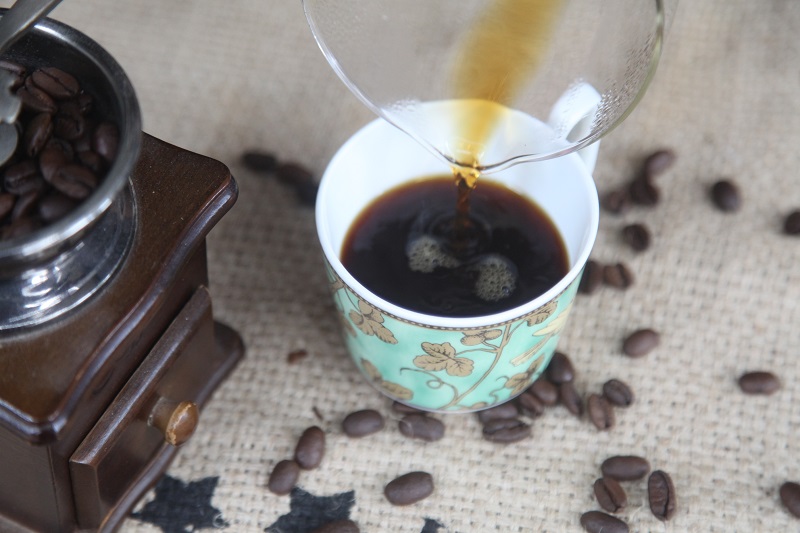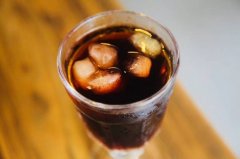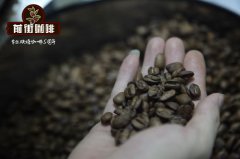Is the Venezuelan Tachilla coffee good? Flavor description of Venezuelan Coffee

Professional coffee knowledge exchange more coffee bean information please follow the coffee workshop (Wechat official account cafe_style)
The distinctive manor coffee comes from this oil-rich country.
Oil was once considered the main export product of Venezuela (Venezuela). Although coffee trees were introduced from Martinique in 1730 and Venezuela, coffee production was almost abandoned at the height of the oil industry. Recently, coffee plantations have begun to recover, with the original planting of Tipica and bourbon coffee trees and new plantations laying the foundation for coffee exports. Currently, most of the coffee is exported to Russia and Colombia, where it is repackaged. Many small newly rebuilt plantations have also begun to export coffee on their own.
The coffee industry is not very prominent among the many industries in the country. The best coffee producing area in Venezuela is the southwestern state of Tazira (Tazira). But the name Tazira has been indiscriminately used for coffee beans across the country.
The best coffee names in Venezuela are Montebello (Montebello) in San Cristobal (San Cristobal Tacira), Miramar (Miramar) in Rubio (Rubio de Tacira) in Tazira, and Granija in Timothe (Timote de Merida) in Merida. Alaganeza (Ala Granija) from Santa Ana (Santa Ana de Tacira) in Tazira. Other high-quality products include Maracaibos (the name of the coffee export port), Merida (Merida), Trujillo (Trujillo), Santa Philomona (Santa Philomina) and Kukuta (Kukuta).
One of the many plantations in Merida at the foot of the Andes belongs to the Pablo (Pablo) and Pulido (Louisa Napli) families, an ancient farm that has been allowed to downsize. Since taking over the farm in the early 1980s, the Pulido family has harvested coffee from existing bourbon coffee trees and planted new trees to expand the farm.
The area around Caracas (Venezuela), once famous for coffee, has resumed production. Another Joan (Jean) and Andries from Turgua? The Bolton (Bolton and Andres) plantations also grow Tippica coffee trees.
Unlike other coffee in Latin America, Venella Coffee is delicious, light and less sour than traditional coffee, which makes it not only blended but also distinctive.
Important Notice :
前街咖啡 FrontStreet Coffee has moved to new addredd:
FrontStreet Coffee Address: 315,Donghua East Road,GuangZhou
Tel:020 38364473
- Prev

Introduction to the history of coffee cultivation in Venezuela what are the coffee brands in Venezuela
Professional Coffee knowledge Exchange more information on coffee beans Please follow the coffee workshop (official Wechat account cafe_style) the first taste of Coffee made me feel amazing. Although Venezuela introduced coffee trees from Martinique in 1730, coffee production was almost abandoned at the height of the oil industry. Fortunately, coffee cultivation has begun to recover recently.
- Next

The flavor characteristics of Venezuela Venezuelan coffee beans introduce the historical changes of Venezuelan coffee cultivation
Professional coffee knowledge exchange more coffee bean information please pay attention to the coffee workshop (Wechat official account cafe_style) Coffee (Venezuela) Coffee production is not high, most of them are supplied to domestic consumption. Although geographically, Venezuela is mainly produced in the west near Colombia, but its sour taste is very weak, which is not like
Related
- Does Rose Summer choose Blue, Green or Red? Detailed explanation of Rose Summer Coffee plots and Classification in Panamanian Jade Manor
- What is the difference between the origin, producing area, processing plant, cooperative and manor of coffee beans?
- How fine does the espresso powder fit? how to grind the espresso?
- Sca coffee roasting degree color card coffee roasting degree 8 roasting color values what do you mean?
- The practice of lattes: how to make lattes at home
- Introduction to Indonesian Fine Coffee beans-- Java Coffee producing area of Indonesian Arabica Coffee
- How much will the flavor of light and medium roasted rose summer be expressed? What baking level is rose summer suitable for?
- Introduction to the characteristics of washing, sun-drying or wet-planing coffee commonly used in Mantenin, Indonesia
- Price characteristics of Arabica Coffee Bean Starbucks introduction to Manning Coffee Bean Taste producing area Variety Manor
- What is the authentic Yega flavor? What are the flavor characteristics of the really excellent Yejasuffi coffee beans?

